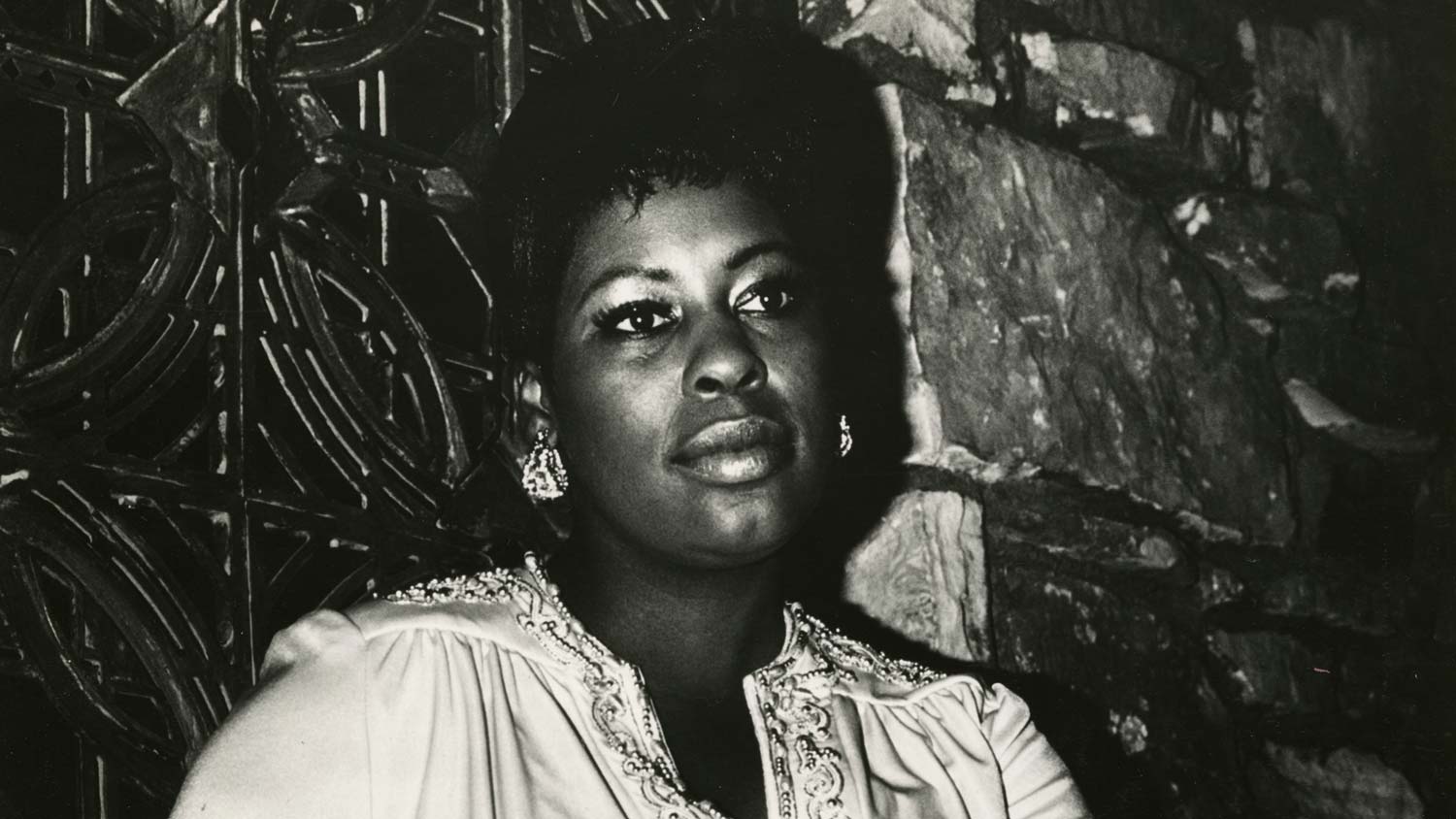“Hello, may I speak to Barbara? “Barbara, this is Shirley and I’m back.”
Shirley Brown, whose unforgettable opening rap on the million-selling “Woman to Woman” brought her instant success in 1974, might well say those words today.
“Woman to Woman,” Shirley’s earthy plea to “the other woman” for the return of her man, skyrocketed to the top of the soul charts in the fall of 1974, prompted the release of two chart-making “answer songs,” and was nominated for a Grammy. After 13 hard years on the chitlin circuit opening for blues singers like Albert King and Little Milton, she had suddenly become a star with her first release on the Truth label, a subsidiary of Stax.
It was to be the last major record in an unbroken 13-year avalanche of hits on Stax. Troubled legally and financially, the company was unable to give her follow-up single and album much push. By the end of 1975, Stax was bankrupt and Shirley’s co-producer, drummer Al Jackson, Jr. of Booker T. & the MGs, was dead. The carpet had been pulled from under her before she was really able to stand on her feet.
“Sometimes it makes me feel kind of bad,” Shirley says of the double tragedy, “but all I know to do is just keep on keepin’ on. My mother, Lizzie Brown, has been my backbone and kept me hangin’ in there after the bankruptcy. You almost go out when things like that happen, especially at the beginning of your career.”
Shirley was born on January 6, 1947 in West Memphis, Arkansas, just across the Mississippi from Memphis, Tennessee. She grew up in Madison, Illinois, where she began singing in church at age nine. Blues singer/guitarist Albert King discovered her singing at the Harlem Club in Brooklyn, Illinois when she was only 14. He took her out on the road immediately and she remained with his show for nine years. Later, he introduced her to Stax, where he had become one of the label’s many stars. “He had a fatherly image,” she says of King. “He made sure that I had a tutor but I’d sometimes play hooky from school to rehearse with the band. It was quite an experience.”
By 1971, Shirley was living in East St. Louis, Illinois where she cut her first single, “Love Built on a Strong Foundation,” for the Abet label. It was produced by veteran arranger Oliver Sain, who had been responsible for King’s first hit ten years earlier. The record’s foundation was a bit weak, however, and it flopped. But the magic of Memphis was only three years away.
The impact of “Woman to Woman” was so strong that Shirley has often been approached at clubs and concerts by fans who want to know if the song’s monologue, which she cooked up in the studio with writers James Banks, Eddie Marion, and Henderson Thigpen, stemmed from her own troubles. “I have to tell them it was,” she explains, “because in a very real way, but not in every detail, it is my own experience and the experience of millions of other women. It’s really nice to see the happy expressions on their faces when I tell them that, yes, it happened to me too.”
People often compare Shirley’s wailing intensity and masterful gospel-styled phrasing to that of Aretha Franklin. Shirley does not shy away from the subject. “I’ve always been a great admirer of Aretha Franklin,” she admits. “Some people feel that the similarity between Shirley Brown and Aretha Franklin is like the Isaac Hayes/Barry White situation. I’ve admired Aretha, Gladys Knight, Nancy Wilson, and a whole lot of artists, but the soulful high-pitched sound that comes out of me and is like Aretha Franklin’s is a natural from Shirley Brown. I guess we have the same gospel background.”
Shirley Brown’s music is about feelings—real, deep feelings. “You can go around all your life singing stuff that’s just basically a song,” she says, “but I think you are supposed to relate to what’s happening—inner feelings.”


